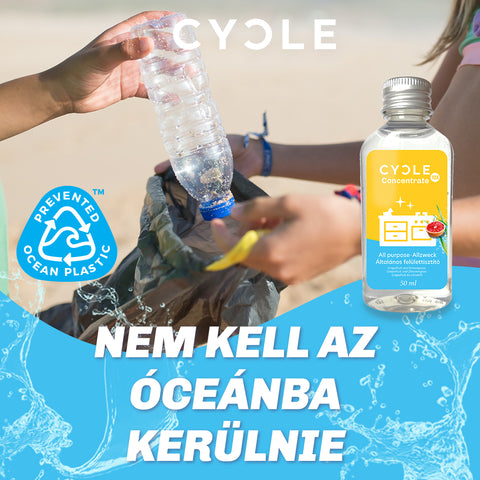A World Oceans fascinating and beautiful livecreaturesto are given home to. However after annually 12 million tonnes of plastic waste will be to into the ocean, these a wonderful animals serious threats seeto szembe.

Maritime turtles
A maritime turtles from ocean maybe most iconic and most popular creatures. These a gentle giants unfortunately often confused a plastic bags and other, from in the ocean floating plastic debristo from by them with pleasure consumed by some with animals, e.g. jellyfish. A plastic ingestion however painful consequences with consequenceshas.

The plastic gets stuck in the turtles' stomachs, causing digestive blockages and preventing them from eating properly. This eventually leads to starvation, which can kill them.
Sharp edges and harmful chemicals in plastic can tear the turtle's delicate organs and cause unbearable internal injuries.
Whales
A whales and a dolphins also are worn from ocean plastics, especially a plastic scrap serious burdens. Imaginegreat only go to, what situation they will be a whales and dolphins, when entangled a discarded fishing nets, lines and other plastic waste. These from strong plastic fibres korvisible a whales and dolphins movements, they start a into their skin and their limbs.

Whale with fishing net a mouth around
Maritime Birds
Seabirds, once gracefully soaring in the sky, are slowly being wiped out by our plastic pollution. Seagulls, albatrosses and pelicans often mistake plastic for food. Ingesting plastic debris causes internal injuries, blockages and malnutrition, leading to a weakened immune system.

Ocean plastic also affects the care of offspring. Seabirds often accidentally feed plastic to their chicks, mistaking it for nutritious food. Tragically, the chicks are unable to digest or pass the plastic, which can lead to malnutrition, stunted growth and higher mortality rates.

Penguin trapped in plastic
From the ocean rescued from plastic (POP): Unique solution from oceanic plasticlaundryzand prevention
From oceanic plastics by a marine organisms on marine life serious threats in response to the Prevented Ocean Plastic, in short POP can be found at solutiont.
 Searchd a "Prevented Ocean Plastic" logo
Searchd a "Prevented Ocean Plastic" logo
THE POP excellent quality recycled plastic, which such as coastal from areas from, where exists the ocean pollution risk of pollution. A beaches, beaches are collected a plastic bottles, to not from to into the ocean, and not harm them a marine animals. Then these a bottles are recycled new, sustainable packaginginto.

Mfuel bottles recyclingtrecycled
How is POP different from other recycled plastics? POP focuses on prevention. First and foremost, it prevents plastic from entering the ocean, because by the time a bottle hits the water, it's too late. Sunlight and salt water combine to quickly erode the plastic, making recycling almost impossible. That is why the POPs initiative aims to ensure that plastic never reaches the water.
CYCLE and POP:
CYCLE, we feel the need to join the fight to protect our diverse oceans and innocent marine animals. That is why we encourage the use of Prevented Ocean Plastic (POP) in our packaging. We are pleased to introduce our newest product, a limited edition summer general cleaning concentrate with grapefruit and lemongrass fragrance, presented in the innovative POP bottle.

CYCLE refill concentrate in POP packaging
With the introduction of POPs bottles, we are trying to prevent plastics from being released into the ocean, which poses a huge threat to marine animals: turtles, seabirds or marine mammals that may accidentally ingest them. We believe that by using POPs bottles we can protect these vulnerable species and ensure a safer marine ecosystem for future generations.




















